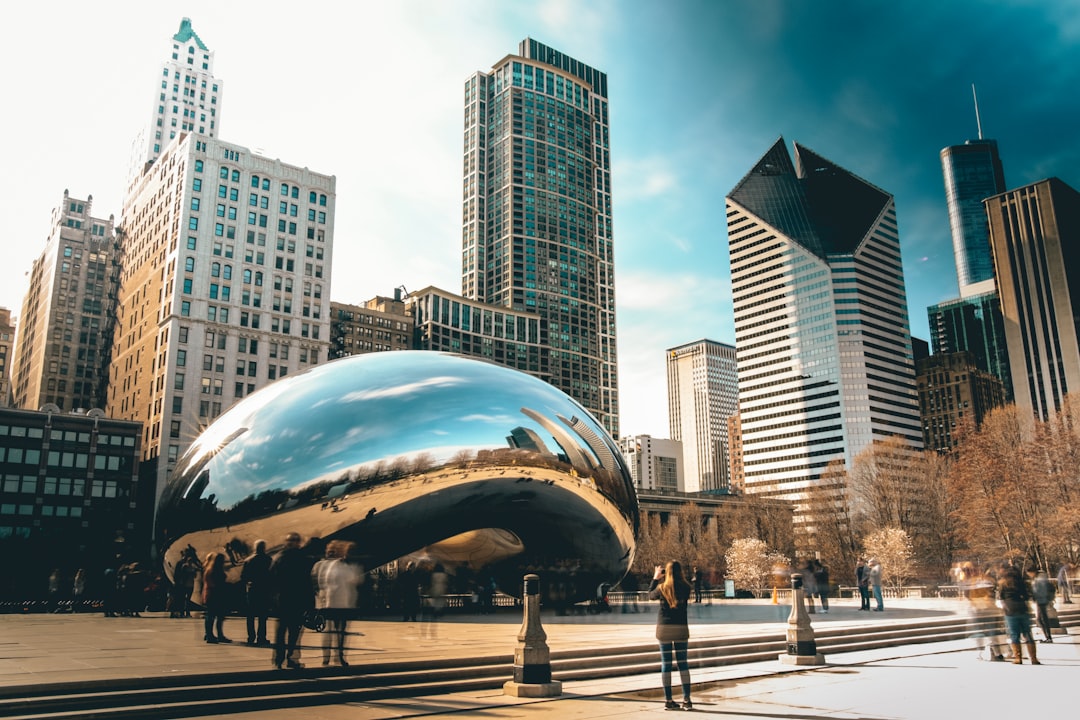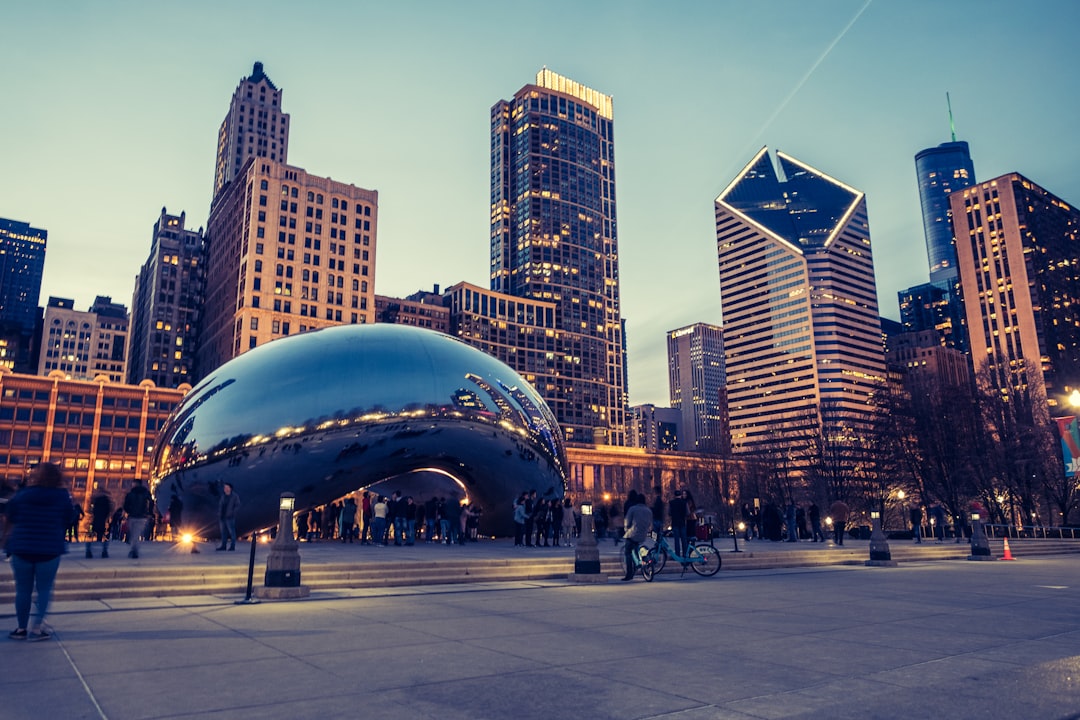Addressing sexual abuse in diverse Arkansas communities demands a nuanced approach that considers cultural, linguistic, and socio-economic differences. Sexual abuse lawyers, attorneys, and law firms play a vital role by collaborating with community leaders, offering translation services, and providing culturally sensitive support. They must tailor legal representation to specific group needs, break down barriers, and ensure successful outcomes for survivors across all demographics in Arkansas, using specialized services and partnerships with local organizations to engage hard-to-reach populations. This collaborative network leverages the expertise of various professionals, making it easier for survivors to find justice and healing through sexual abuse law firms, sexual abuse attorneys, or sexual abuse lawyer Arkansas.
In Arkansas, addressing the needs of diverse populations affected by sexual abuse requires a nuanced approach. This article explores effective strategies for advocacy, focusing on how sexual abuse lawyers and attorneys can provide tailored legal services to various communities. We delve into building a comprehensive network through collaboration with local organizations and professionals, ensuring all victims receive adequate support. Understanding and catering to these diverse needs is crucial in the fight against sexual assault, guiding sexual abuse law firms in Arkansas towards impactful advocacy.
Understanding the Diverse Needs of Populations Affected by Sexual Abuse in Arkansas
In Arkansas, addressing the needs of diverse populations affected by sexual abuse requires a nuanced understanding of the unique challenges each group faces. From rural communities to urban centers, cultural, linguistic, and socio-economic differences can significantly impact how individuals perceive and respond to sexual abuse. For instance, certain cultural norms might discourage open discussion about sexual assault, while language barriers could hinder access to legal services. As such, a comprehensive approach is needed that involves collaboration with local community leaders, translation services, and culturally sensitive support systems.
Sexual abuse lawyers, attorneys, and law firms in Arkansas play a pivotal role in catering to these diverse needs. They must be adept at navigating the complexities of different cultural backgrounds while ensuring their clients receive the best possible legal representation. By employing strategies that consider the specific circumstances of each case, these professionals can help break down barriers and offer tailored support, ultimately contributing to more successful outcomes for survivors from all walks of life.
Strategies for Effective Advocacy: Tailoring Legal Services to Different Communities
When advocating for victims of sexual abuse in diverse communities across Arkansas, it’s imperative to tailor legal services to meet the unique needs of each group. This involves a deep understanding of cultural nuances, socioeconomic factors, and barriers to accessing justice within these communities. For instance, a sexual abuse lawyer in Arkansas might need to adapt their approach when representing survivors from rural areas, compared to those from urban centers. Legal aid organizations can play a pivotal role by offering specialized services that address language barriers, cultural taboos surrounding sexual violence, and financial constraints that may prevent individuals from seeking legal help.
Sexual abuse attorneys and law firms in Arkansas should collaborate with community leaders, healthcare providers, and local organizations to identify and engage hard-to-reach populations. By integrating traditional legal expertise with a culture of sensitivity and inclusivity, these professionals can ensure that all survivors have access to competent representation. This strategy not only strengthens the effectiveness of sexual abuse advocacy but also fosters trust and encourages more victims to come forward, seeking justice and healing.
Building a Comprehensive Network: Collaborating with Local Organizations and Professionals
To effectively address the needs of diverse populations in sexual abuse advocacy, it is essential to build a comprehensive network that collaborates with local organizations and professionals. This means reaching out to community groups, schools, healthcare providers, and law enforcement agencies that cater to various demographic segments. By partnering with these entities, a coordinated response can be established, ensuring that victims from different backgrounds receive tailored support. For instance, cultural sensitivity training for sexual abuse lawyers in Arkansas can help them better communicate and empathize with clients from diverse ethnic or religious groups.
A strong network also facilitates access to specialized services, such as language interpretation, cultural advocacy, and trauma-informed care. Collaborative efforts enable the sharing of resources, best practices, and knowledge, ultimately enhancing the quality of legal representation and support for sexual abuse victims in Arkansas. This inclusive approach leverages the expertise of various professionals, making it easier for survivors to find justice and healing.




